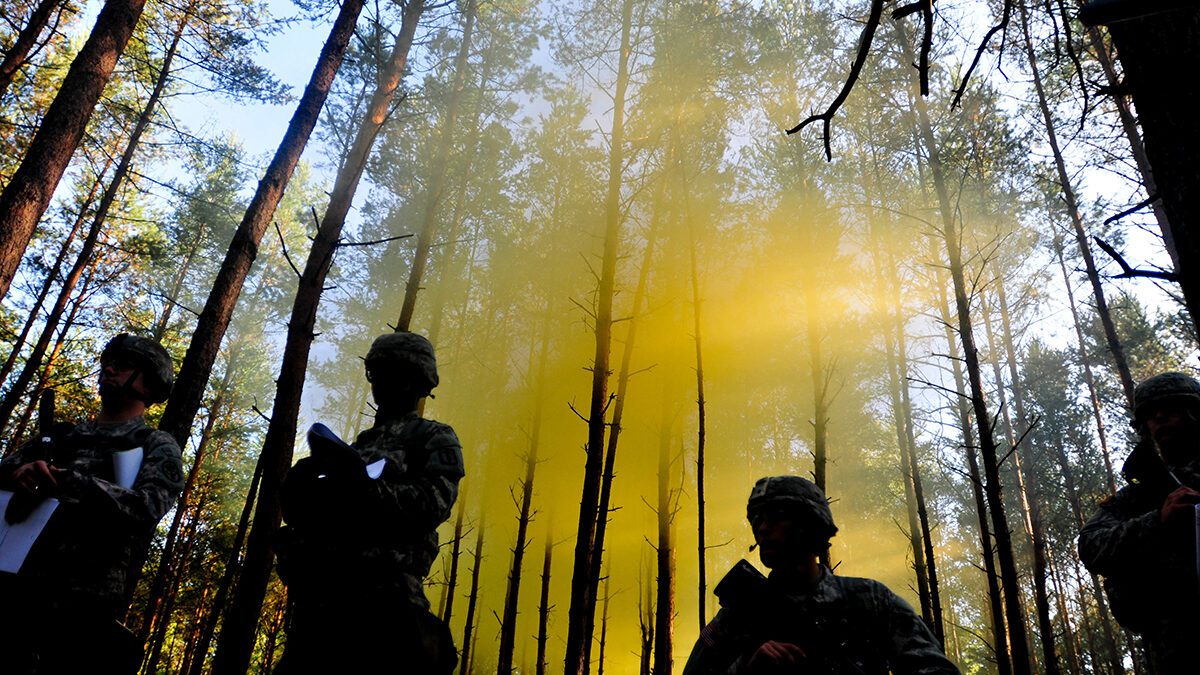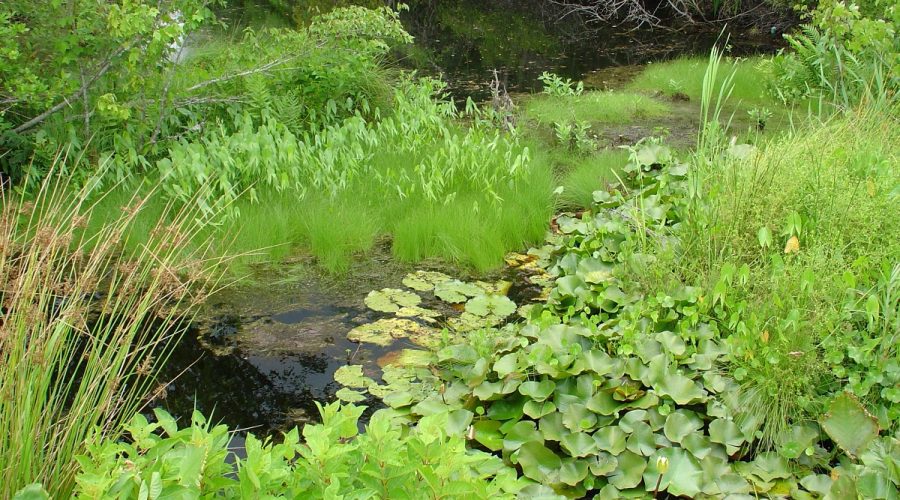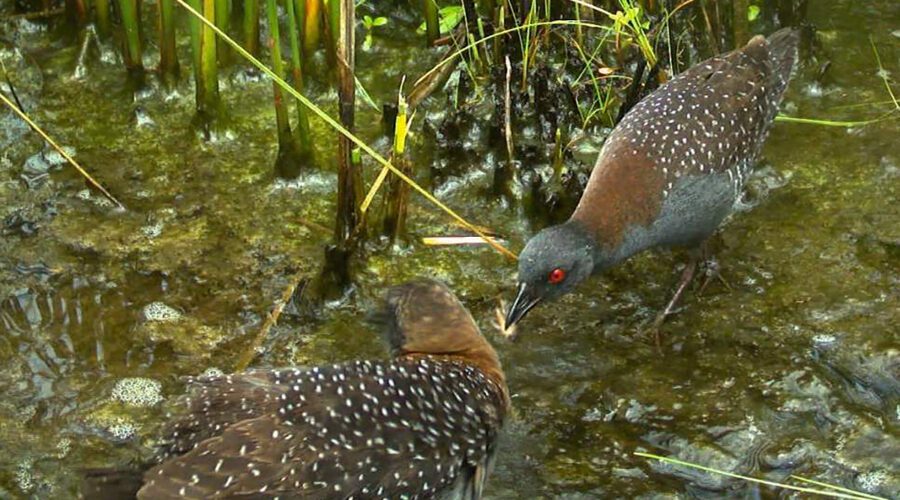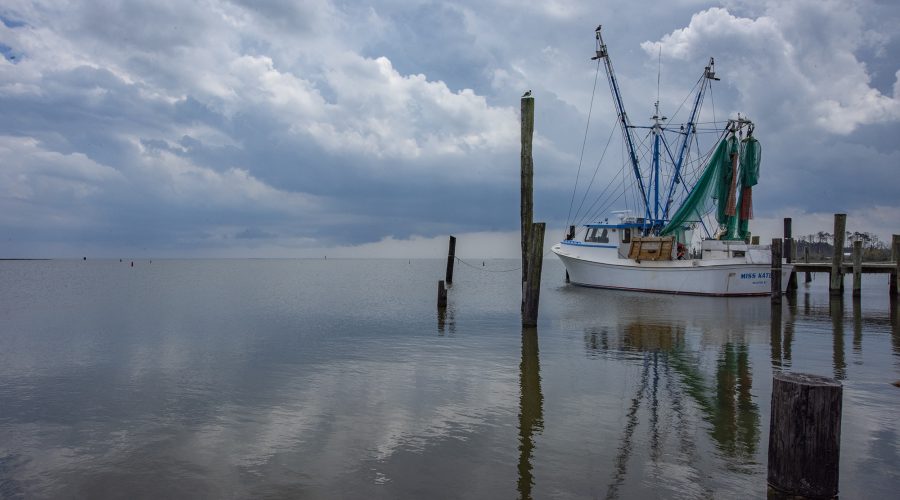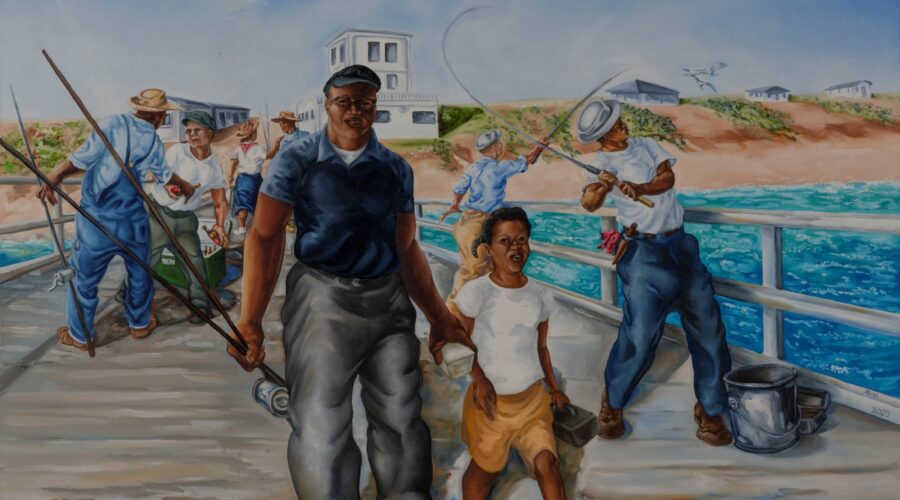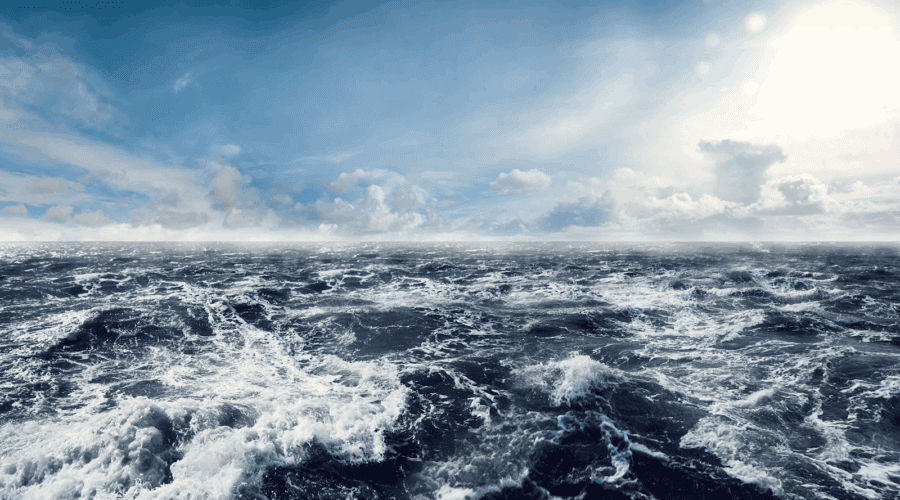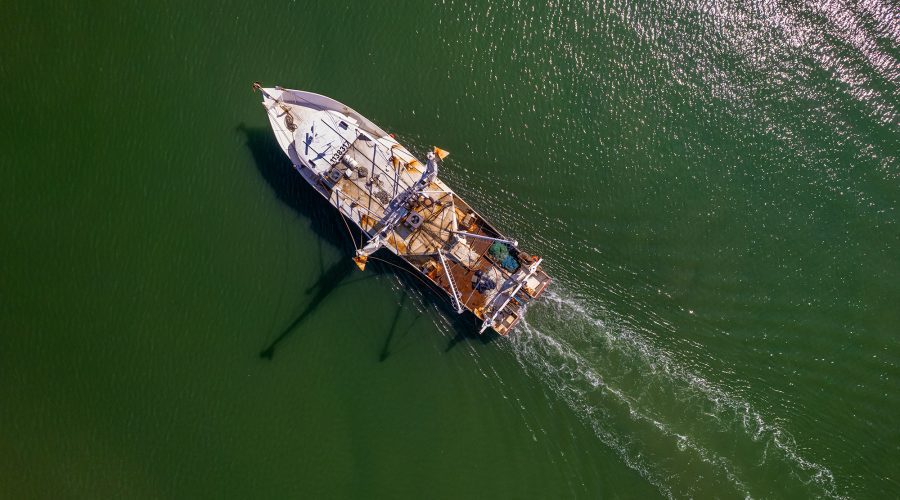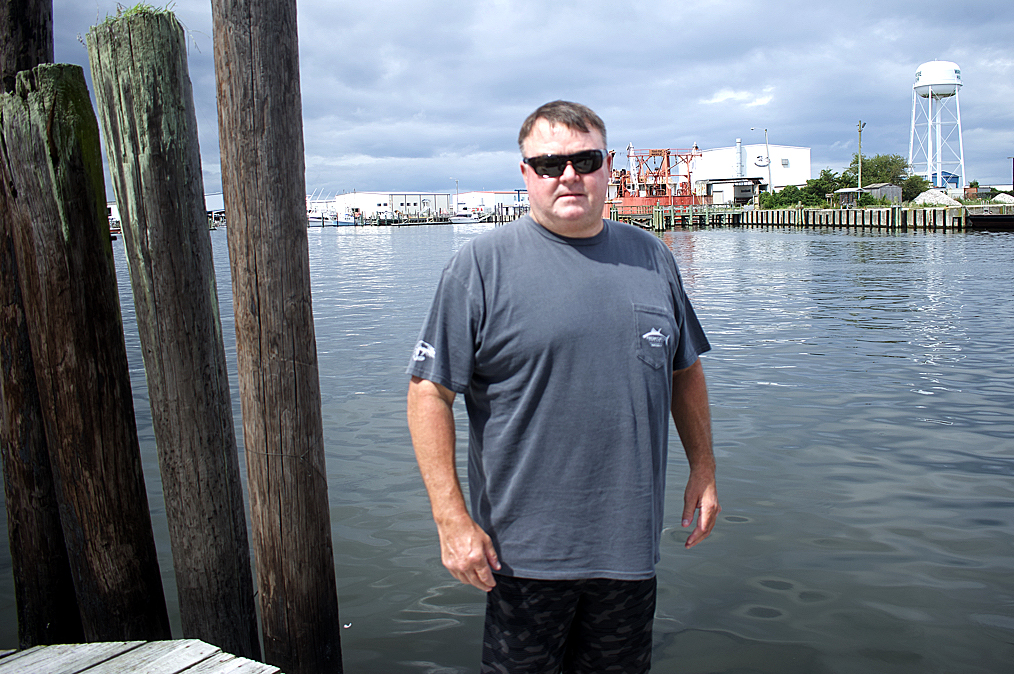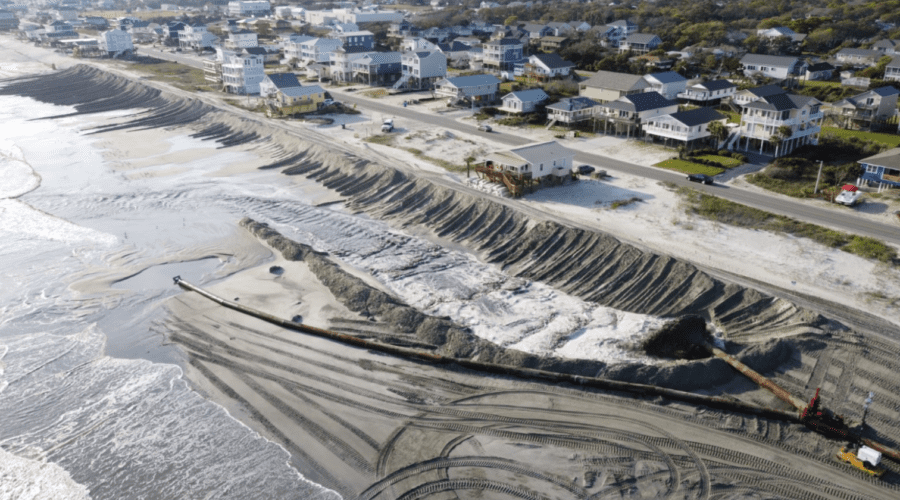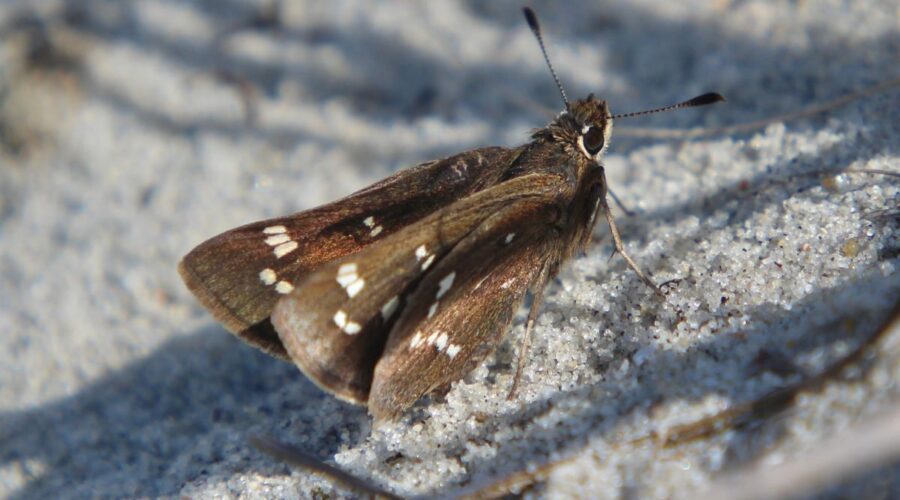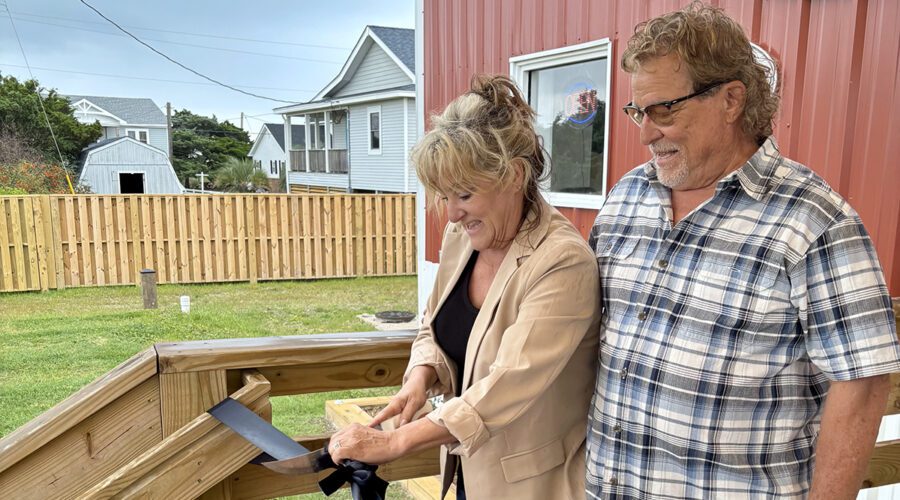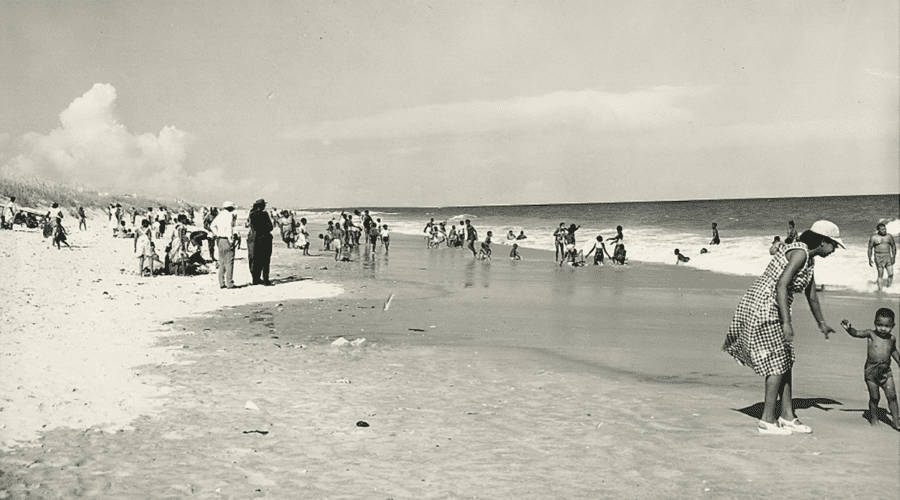Guest commentary: With more than 620,000 veterans living in North Carolina, many likely exposed to recently banned compounds trichloroethylene and perchloroethylene while working for the military, updating the toxic agents list is essential for equal access to benefits.
Featured
Hearing on mandated wetland redefinition draws no support
Those who spoke Thursday during a public hearing in Raleigh urged the Environmental Management Commission to work with legislators to rescind the amendment narrowing state protections.
Plan would address threatened eastern black rails’ habitat loss
A public comment period is open on a proposed management plan that seeks to rebuild the once-abundant birds’ numbers by permanently protecting coastal marshes and helping private landowners create habitat.
Overlooking tiny details a recipe for frequent fishing failure
The person you see who just seems to randomly toss a bait out but catches fish all the time is paying attention to nuances that others may miss.
‘Injustice’: Lawmakers vow to fight Senate’s shrimp trawl ban
As tempers flare over a proposed ban on shrimp trawling in the state’s inland and nearby offshore waters — a Senate move that supporters deem necessary to protect bottom habitats — coastal legislators opposed to the language vowed Tuesday to side with shrimpers.
Rik Freeman’s art examines America’s segregated beaches
An exhibit opening this weekend in Jacksonville features paintings by artist Rik Freeman of Washington, D.C., that depict stories of African American beach communities during the Jim Crow era.
Terms of endearment: Understand common gardening jargon
Maybe it’s lingo, or terminology, but whatever you call it, referring to crops’ scientific names can yield helpful clues, and so with an understanding of Earth’s natural satellite.
Ocean water is changing colors, getting warmer: Study
Duke researchers used more than two decades’ worth of satellite data collected by a NASA instrument that scans the globe every two days to analyze the changing colors of the open ocean, which could have an effect on fisheries.
Measure that would halt inshore shrimp trawling advances
A controversial bill in the North Carolina General Assembly that would ban shrimp trawling in inshore waters and offshore waters up to a half-mile gained momentum Tuesday.
Dewey Hemilright advocates for US commercial fishing fleet
Forceful and outspoken, this passionate advocate for the commercial fishing industry has spent 30 years in the business and served in fisheries management.
Oak Island residents say oceanfront lots unsuited for homes
Oak Island homeowners who have watched across the street as the protective oceanfront dune created by beach nourishment washed away time after time are pleading with officials to bar houses from being built there.
Four-day fête honors Jockey’s Ridge State Park’s 50th year
Preserved from development by Carolista Baum, a mother of young children, who blocked a bulldozer, declared a National Natural Landmark and made a state park 50 years ago, an occasion recently celebrated by officials and throngs of visitors.
Offshore drilling still has no place on the Atlantic Coast
Guest commentary: The people of North Carolina stood up and stopped offshore drilling once before, and we must do it again, but only a few days remain to submit your comments on the administration’s push to drill.
Tales from the dunes: Butterflies in science, sentiment
NC State and North Carolina Aquarium researchers have traipsed across sand to study the crystal skipper, a butterfly known for its white speckled wings that can only be found in the Bogue Banks area.
Longtime Outer Banks fish house opens doors to new facility
Jeffrey’s Seafood has a new facility in Hatteras Village that houses equipment to process fresh seafood, a retail store and plans are underway for a small restaurant that will feature local catch.
Ocean City’s culinary traditions a beacon in turbulent past
Ocean City’s two community cookbooks are filled with recipes from families that spent their summers in the beach neighborhood on Topsail Island where Black residents could own property in the 1950s.

